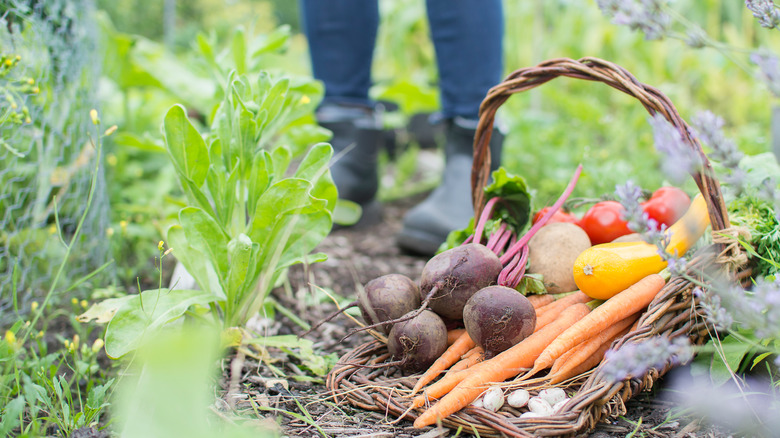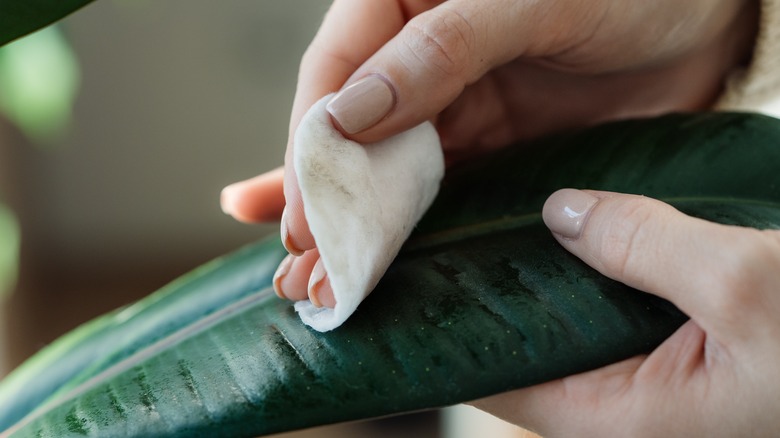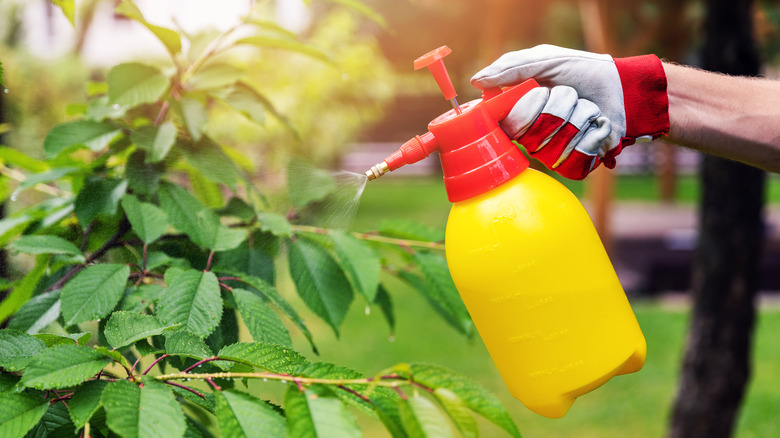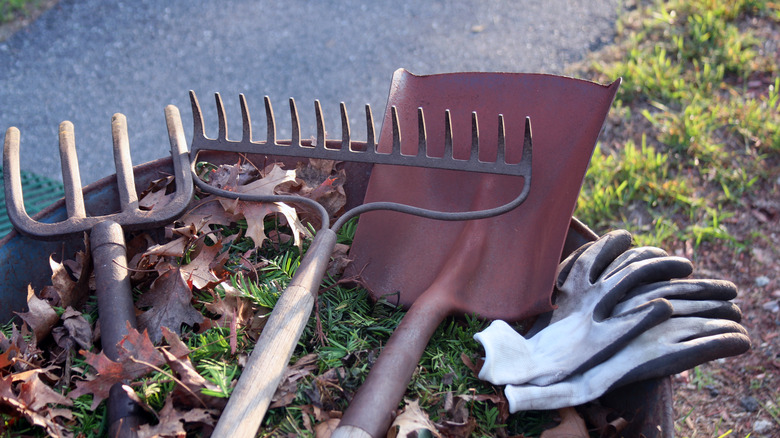How To Get A Thriving Garden With Apple Cider Vinegar
You can use organic apple cider vinegar in so many different ways to get a thriving garden. The benefits range from fertilizing your plants, making the soil more acidic, cleaning the leaves on plants for more efficient photosynthesis, getting rid of weeds, and repelling pests. You can even clean rusty tools for safer use, and the glass of your greenhouse to let in more light for your plants.
Apple cider vinegar is made using crushed fermented apples, yeast, and sugar. You can make your own ACV at home by chopping an apple into chunks or using the peel and core scraps, and placing two cups worth into a jar, covering them with filtered water. Next add two tablespoons of sugar, close the jar and shake until the sugar has dissolved. Now take the lid of and replace it with a material cover, securing with an elastic band. Find a cool, dark place like a cupboard and leave it alone for 3-4 weeks, checking periodically to stir and ensure that all the fruit is submerged in the liquid. After this time has passed you can strain the liquid and then leave it again for another 3-4 weeks. Now it's ready to use in your garden!
How to use ACV to help garden plants thrive
Make a natural fertilizer for your garden plants with apple cider vinegar This works best for plants that prefer a more acidic growing environment like hydrangea, azaleas, and veggies like carrots and tomatoes. You can even use ACV to make the soil more acidic for these types of plants if it is too alkaline.
ACV isn't as acidic as other vinegars, which is why it is more useful in the garden and safer for your plants, but you should still be cautious and ensure that you dilute your solutions carefully, as too much can damage and even kill your plants. To increase the acidity of your soil simply mix one cup of apple cider vinegar with one gallon of warm water and apply to the soil. This will increase the iron level and acidity of the soil while protecting the plant. To make a plant fertilizer that will boost the amount of nutrients your plants absorb you'll need two buckets. In the first mix a cup of ACV and half a gallon of water. In the other bucket mix a cup of sugar and half a gallon of water. Now combine both and use a spray bottle to spritz your plants. You can also clean the leaves of your plant by wiping them down with a diluted ACV solution to clean off any dirt build-up so that they can photosynthesize more efficiently.
How to use ACV to repel garden pests
The method above describing how to wipe down leaves with a diluted ACV solution is also a great way to deter insects and common garden pests from eating the leaves of your plants. However, this could be impractical if you have a large garden or plants with many leaves. Instead you can make your own apple cider vinegar pesticide by mixing equal parts of the vinegar and water in a spray bottle and spraying the solution around your plants. Don't overdo it though, as you could damage you plants if you saturate them, so concentrate on spraying problem areas and the environment around your plants regularly so that the solution acts as a deterrent. Apple cider vinegar will repel ants, spiders and mosquitoes.
Due to the fact that ACV is sweeter than white vinegar, you can use it to create a fruit fly trap and avoid them laying eggs that hatch into maggots and feed on the roots of your plants. Simply mix ACV with water and dish soap in a large bowl and leave it outside, or wherever the fruit flies are causing a nuisance. They will be attracted to the sweetness, but once they get wet the soap will make them unable to fly and they will drown in the liquid.
How to use ACV for cleaning in your garden
Finally, why not use apple cider vinegar for a range of cleaning tasks in your garden? You can clean your garden tools by spraying apple cider vinegar directly on them to scrub away rust, which means you'll have fully-functional and squeaky clean tools to maintain your garden with. The reason it works so well is because rust is a metal oxide. When you apply the vinegar, you are essentially applying acid to the metal oxide, which results in the oxide dissolving, and the water-soluble salt remaining can be easily scrubbed away.
Do you have a dirty old greenhouse in need of some tender living care? It's important to keep your greenhouse clean in order to provide your plants with an optimal growing environment. Plants need plenty of light in order to photosynthesize, which is how they make food, but if your greenhouse glass or plastic is dirty with algae, moss, and dust, the amount of light coming in is greatly reduced. Dirt in the greenhouse also provides an attractive environment for pests and disease. Apple cider vinegar will do wonders for removed mold and mildew too. Just make a cleaning solution by mixing equal parts ACV with warm water, and then get to work. The ACV has antibacterial properties and also acts as a deodorizer. Make sure to rinse down all surfaces with water after cleaning.



